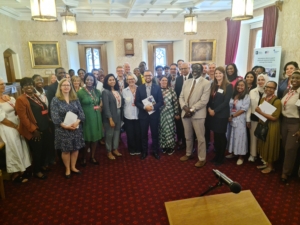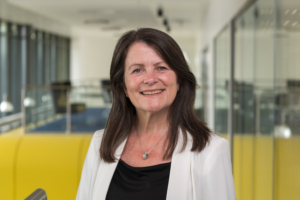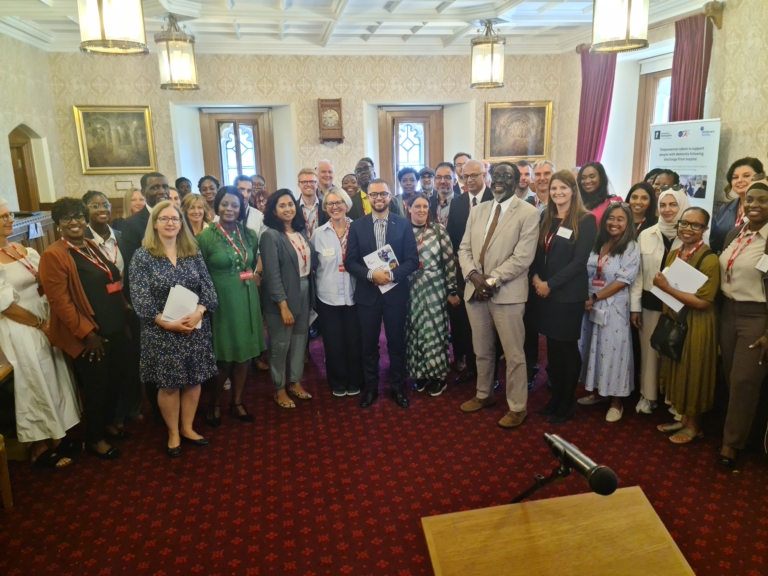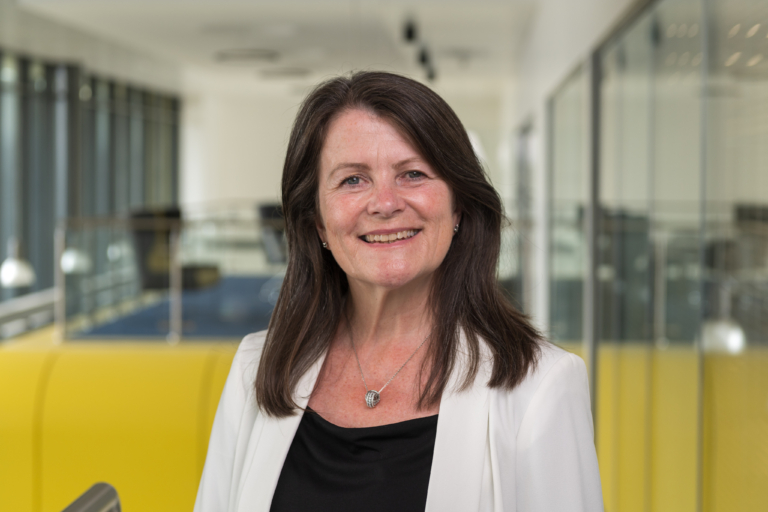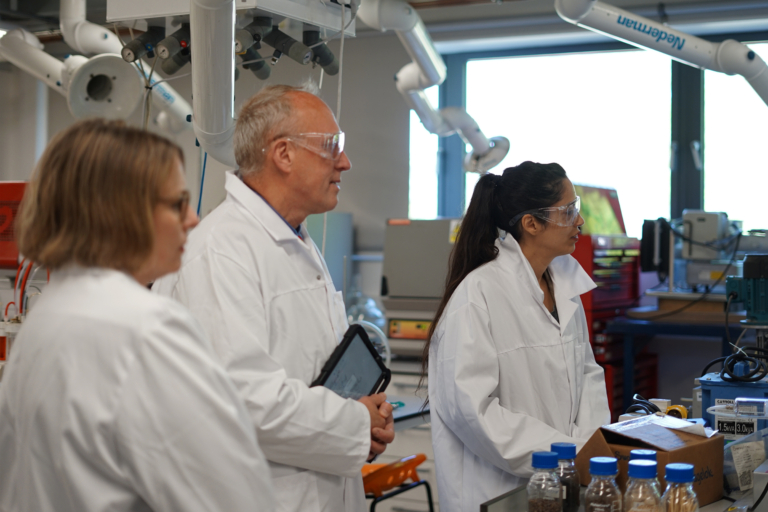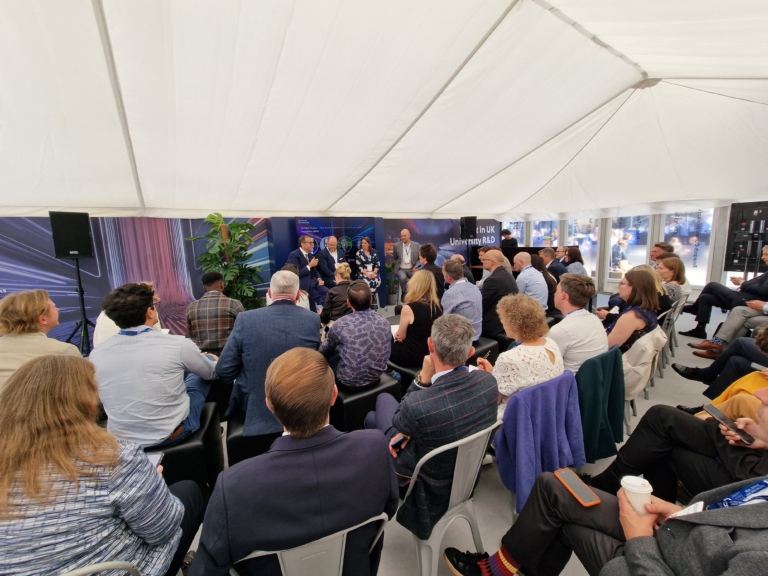MI Health has showcased the region’s medical research strengths and discussed how the Midlands can collaborate to overcome the sector’s challenges with senior leaders from the Medical Research Council (MRC).
MI Health – a partnership of the region’s top research-intensive Health and Medical Schools – welcomed the members of the MRC to Birmingham in October 2022 to discuss how the Midlands can support their research priorities and ambitions.
The two-day visit opened with the MRC Council members and senior executive staff discussing with regional representatives across academia, industry, local authorities, Local Enterprise Partnerships and the NHS, the high-level aspirations for Health and Life Sciences in the Midlands and how it can deliver for the region and the wider UK.
A key part of the visit featured presentations showcasing novel medical research being delivered across the Midlands, including a study by Aston University of receptor dynamics in epilepsy, which is exploring how receptors in the brain impact those with epilepsy. Other presentations ranged from the University of Leicester’s development of a novel tool to assess sudden death risk through to work by the University of Birmingham examining how health data can improve the adoption of translational research.
MI Health arranged several sessions with colleagues from across the Midlands Health and Life Science sector including a discussion on how the region and the MRC can work together to support the levelling up of the Midlands, whilst ensuring high quality impactful research which addresses both local and national health concerns.
There was an opportunity for 20 successful Early-Career Researchers from across the MI Health partnership who applied to showcase their work in a specially arranged networking session, as well as presentations from Dr Ian Hancox, Co-Lead of the MI technician TALENT Programme, and Dr Helen Turner, Director of Midlands Innovation. They showcased Midlands-led activities aiming to address research workforce challenges and breaking down academic and non-academic silos.
Dr Hancox spoke about MI’s work to advance the careers of higher education and research technicians through the TALENT programme and the UK’s TALENT Commission, and Dr Turner spoke about the work of researcher enablers –people who support the effective delivery of large research grants and programmes.
Convenor of MI Health and Pro Vice-Chancellor and Executive Dean of the Faculty of Medicine and Health Sciences at Keele University, Professor Pauline Walsh, said: “We were delighted to be able to demonstrate to leaders from the Medical Research Council the breadth of Medical, Health and Life Science research expertise that flourishes in the Midlands, and to provide a platform for representatives from across the region to showcase our united ambitions and how we can work collaboratively to support the aims and aspirations of the MRC.”
Mr Richard Murley, Senior independent Member of MRC Council, said: “Our visit to the Midlands provided an excellent opportunity for MRC Council and senior executive team to meet researchers and technical colleagues from across the region, and to hear about some of the exciting research that is taking place.
“It was clear to see that the Midlands has a thriving Health and Life Science sector and it was great to be able to discuss how the MRC can tap into the expertise the region has to offer from its many engaged organisations. We would like to thank MI Health for arranging such a comprehensive, engaging and enlightening visit.”
Director of Midlands Innovation, Dr Helen Turner, added: “Across the many sessions, the significant contribution Midlands Innovation partners make to health and wellbeing research was evident.
“For medical research and innovation to thrive in the UK, it will require a range of different skills and expertise and we were delighted that the visit involved and showcased some of the fantastic work of colleagues across the partnership who have a range of different roles, including those from our technical community and professional service roles, who often undertake work that is largely unseen, but is crucially important to medical research breakthroughs.”
